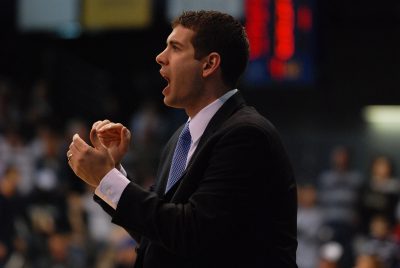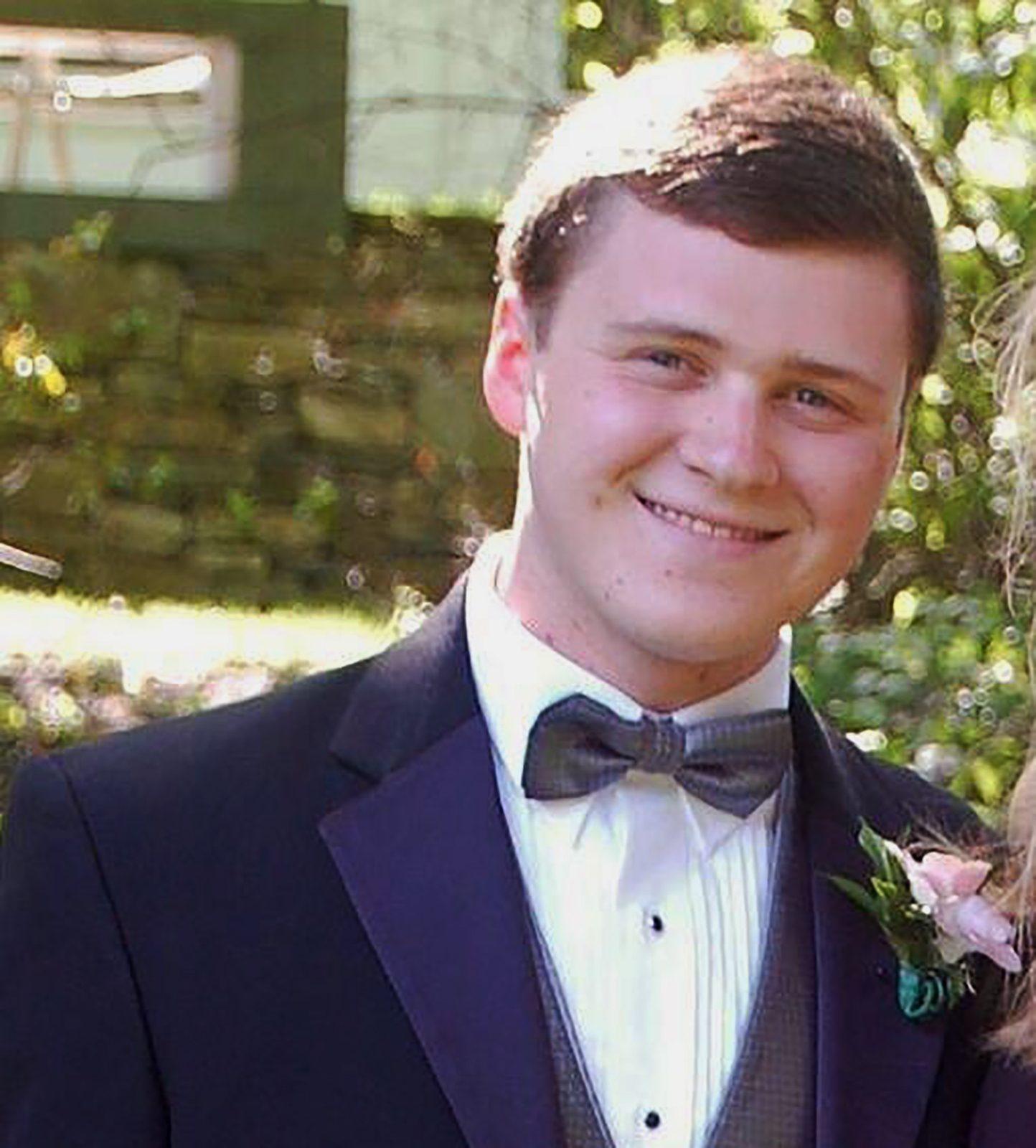
If a teacher takes paternity leave after the birth of his new child, he will likely be commended for his devotion as a father. When Boston Celtics star center Al Horford did the same this past week, he was instead widely criticized by fans and media personalities.
On Comcast SportsNet New England’s Monday postgame show, the always-outspoken Mike Felger denounced Horford for missing that day’s game, saying, “He had the birth of his kid in Atlanta. The game was in Miami. I know when you make $30 million a year it ain’t much to get a private jet.”
This incident, and Horford’s mature response, perfectly epitomizes the unfair double standard placed on athletes and other celebrities.
“Family’s very important,” said Horford. “I just felt like it was important for me to really be there, supporting [my wife] … So I’m just very happy the Celtics really take the time and they consider us not only as players but as people. And people that have families.”
Sorry to burst your bubble, Felger.
In all seriousness, this absurd controversy is the latest in an enduring American trend where athletes are held to higher standards than others when it comes to personal matters. Not only is Horford’s family in the midst of transition to a new city, but he and his wife, Amelia, already have a baby son at home. Is it really such a crime that he missed one extra game, (which they won 112-104) to be with his family? I think not.
It is no secret that the public, and often times private, actions of athletes are regularly under public scrutiny. Athletes are highly paid celebrities with immense social and cultural influence, and therefore, it is reasonable to expect a certain level of civility and prudence from them. That being said, when our judgement and criticisms begin to drift into trivial and personal matters, we have gone too far.
So where is the line? As with most societal norms, it can be rather blurry at times.
When athletes commit acts of domestic violence, or other illegal and immoral wrongdoings, public outcry and anger are fully justified. In fact, fans should be upset when such undignified acts occur.
However, was it fair of New England Patriots fans to blast Bill Belichick and Tom Brady for their supposed friendship with President-elect Donald Trump? There is no right answer, of course. But it is clear that the standard to which we hold our athletes is unjust.
Whether you realize it or not, American sports and politics are, and always have been, intrinsically connected. From the singing of the national anthem to the histories of racial segregation and labor conflicts, sports are undeniably and increasingly political. For athletes, that means their words and actions can and will be held against them by fans. For fans, it means that the reputations of athletes can be forever tarnished by political viewpoints.
If you are a Republican Cavaliers fan, LeBron James’ strong support of Democratic presidential nominee Hillary Clinton must have frustrated you. That is just the way it works. It is what fans do with that frustration that counts. And it is where we often go wrong.
If you learn that a coworker or friend belongs to a different political party than you, there may be some momentary judgement or disappointment, but chances are, you will get over it. When you learn that your favorite athlete belongs to the other party, however, your perception of him or her may instantly change or worsen. Why is that? It may simply be because adorning a beloved team’s jersey and making millions of dollars comes with certain baggage. But, as Horford said, that should not prohibit fans from treating athletes as people.
So next time you see an athlete arbitrarily be treated unfairly, remember that all athletes, no matter how rich, talented or famous, are people. They have families they love and need to support. They have religious and political beliefs that shape who they are. And above all else, they have just as much of a right to voice those beliefs as do you and I.
That teacher would probably not appreciate criticism from his colleagues for missing an extra class or two to be with his family. So please do not hold athletes to a higher personal standard just because of their profession. And Al, go enjoy a few more days with your kids. You deserve it.


























































































































Larry Jay Tish • Dec 3, 2016 at 8:24 pm
Professional basketball players, just like you and I, are human beings. They put their pants on one leg at a time. It just takes a little longer to pull them up! Our whole culture needs to find the “humane” in “human” a bit more. Your article says that beautifully. Well done Jacob.
Elizabeth Connolly • Dec 3, 2016 at 8:28 am
Excellent article! In the technology world where I work, paternity leaves in the weeks or months range are not uncommon. Missing one game to support your family seems more than reasonable…..